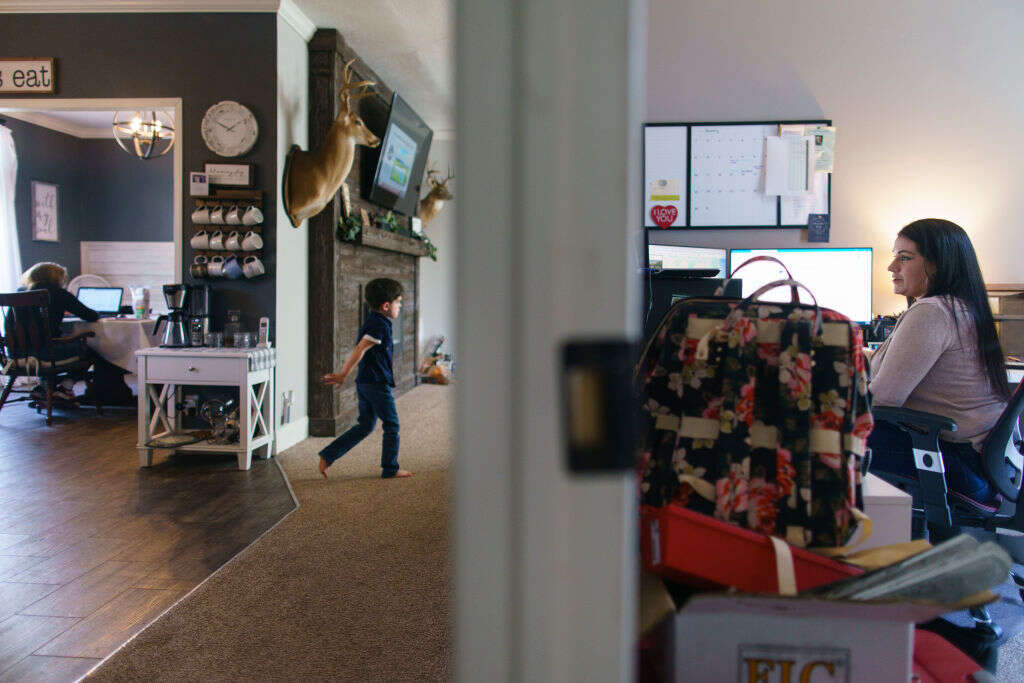
Sacramento and Seattle are the best cities in the US when it comes to digital and internet equity, offering more widely available and affordable internet access than other major cities in the US, according to a new analysis by non-profit United Way of the National Capital Area (NCA).

Research by the FCC finds that 19 million Americans – approximately 6% of the country’s population – lack access to fixed broadband service at threshold speeds. Nedelka Tejada Phillips, senior vice-president of United Way NCA, says the pandemic, and its impact on remote work, learning and telehealth, has only made this divide more obvious.
“The pandemic highlighted digital inequity in the US as parents and guardians scrambled to ensure their children had technology access to participate in remote learning,” says Phillips. “Many who pivoted to working from home also felt the inequities and digital divide, specifically those who could not afford internet access at home, did not own their own mobile devices, lived in rural areas or whose situations prevented them from accessing digital necessities.”
South-eastern US cities are falling behind on internet access
Of the 100 largest cities in the US, those with the highest proportions of adults without access to a computer and internet subscription are most concentrated in the south-east, in states such as Florida, South Carolina and Mississippi.
In McAllen, Texas, 26% of adults don’t have a computer and internet subscription, closely followed by Lakeland, Florida, with 23%. These two cities also have the highest proportion of students experiencing digital inequality, with more than one in five not having a computer and internet subscription.
To rank which cities are making the most progress in tackling this digital inequity, United Way NCA tracked the US’s largest cities across 11 factors relating to the availability, access and cost of internet access.
Where is internet access most affordable?
The average cost of broadband varies widely across the country: in some cities, the average internet package costs less than $60 a month, while in places like Las Vegas and Baltimore, it costs upwards of $80 per month.
Las Vegas also has some of the lowest access to cheap broadband plans. Across Nevada, only 15% of people can get “low-cost” broadband, categorised as $60 a month or less, while in Washington state cities like Seattle and Spokane, over half can get access to low-cost broadband.
What is being done to improve internet equity?
While cities work to make home internet more affordable, they can also work to increase the availability of free public Wi-Fi, at libraries and at hotspots. New York and Los Angeles are tied for the highest number of public libraries with free Wi-Fi, though Daytona Beach and Bridgeport have the highest number of libraries per capita.
Meanwhile, Greenville and Miami have the highest number of free Wi-Fi hotspots per capita, with Greenville having more than one hotspot per 100 people.
There are other efforts cities and states are taking too. The Seattle Public Library, as well as states like California and Colorado, have programmes to provide discounts on internet packages to low-income households.
Overall, there is a clear correlation between cities actively working to tackle digital inequality and cities with a high proportion of digital access. High-ranking cities like Seattle, where the public library provides internet literacy classes and access to digital devices, and Sacramento, which has a state programme to provide discounts on the internet to low-income households, both have low levels of adults without access to the internet.
McAllen, Texas, which scores lowest on United Way NCA’s indicators, also scores lowest on the proportion of adults without a laptop and internet access.
But that isn’t to say these cities aren’t trying to turn the tide. In McAllen, thousands of Wi-Fi access points have been installed on light poles across the city, as the pandemic drew attention to just how important the issue of digital equity is.
“For those of us who have access to technology, from smartphone devices and computers to being able to access Wi-Fi services easily, we often forget this privilege is not accessible or affordable for all,” says Phillips. “Yet, we all know the vital role that technology plays in our lives, providing us the opportunity to connect online, apply for jobs, search for health resources and so much more.”
[Read more: Does the US national broadband roll-out have a blind spot?]






